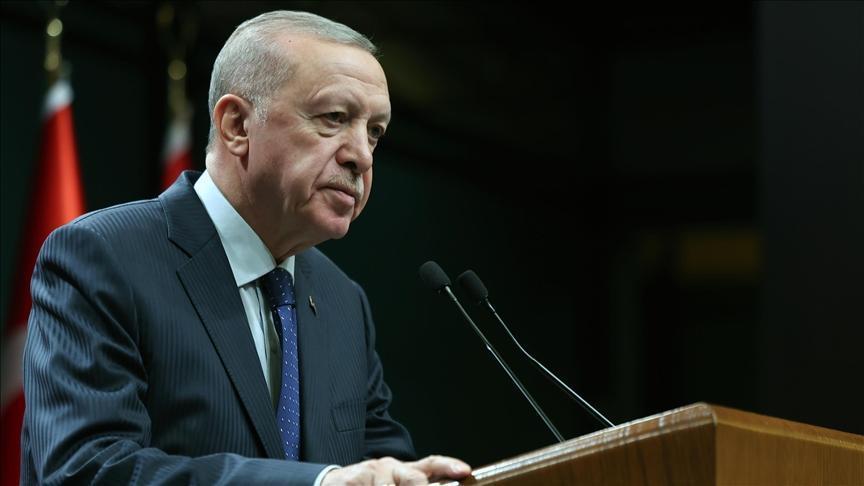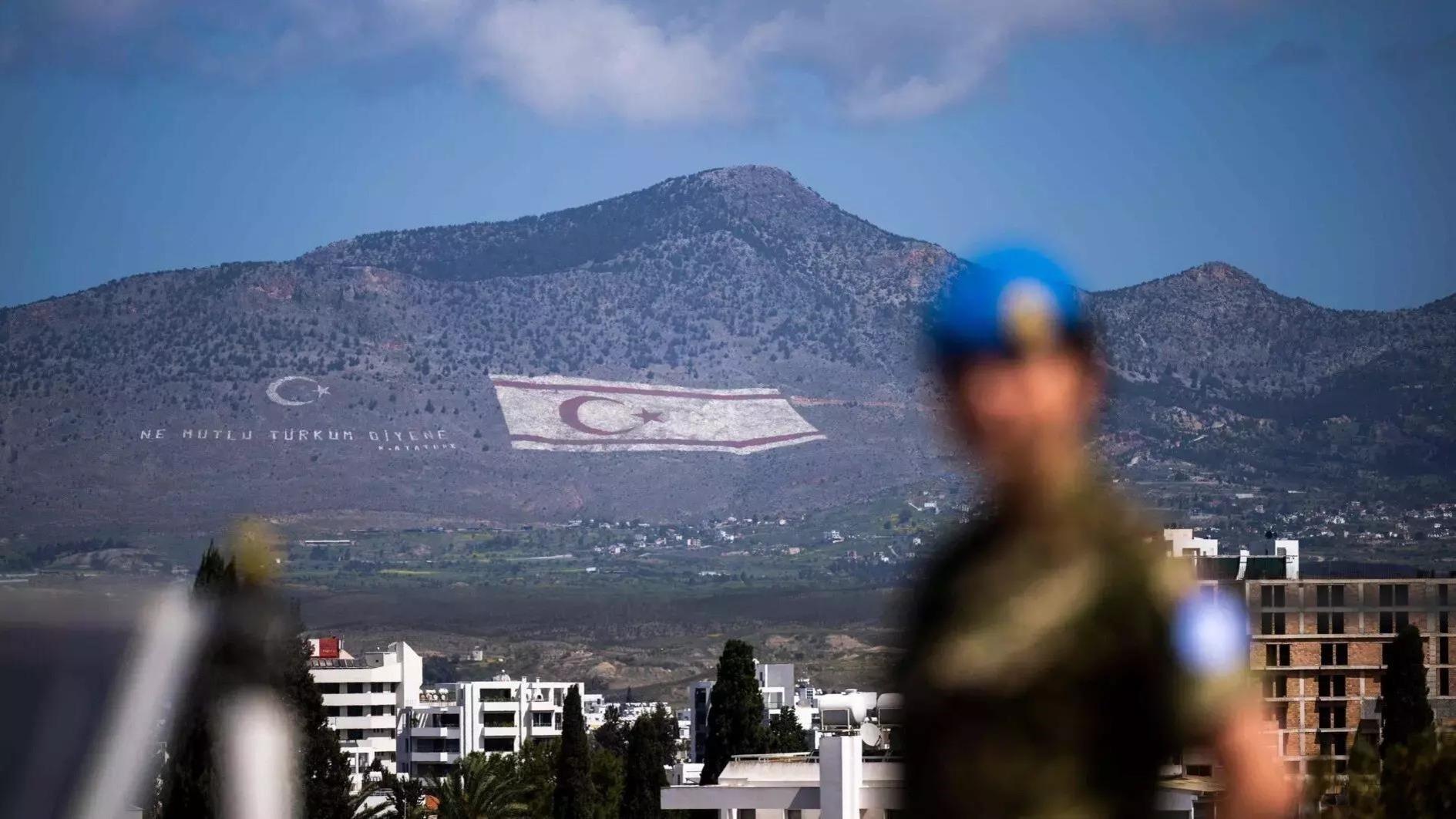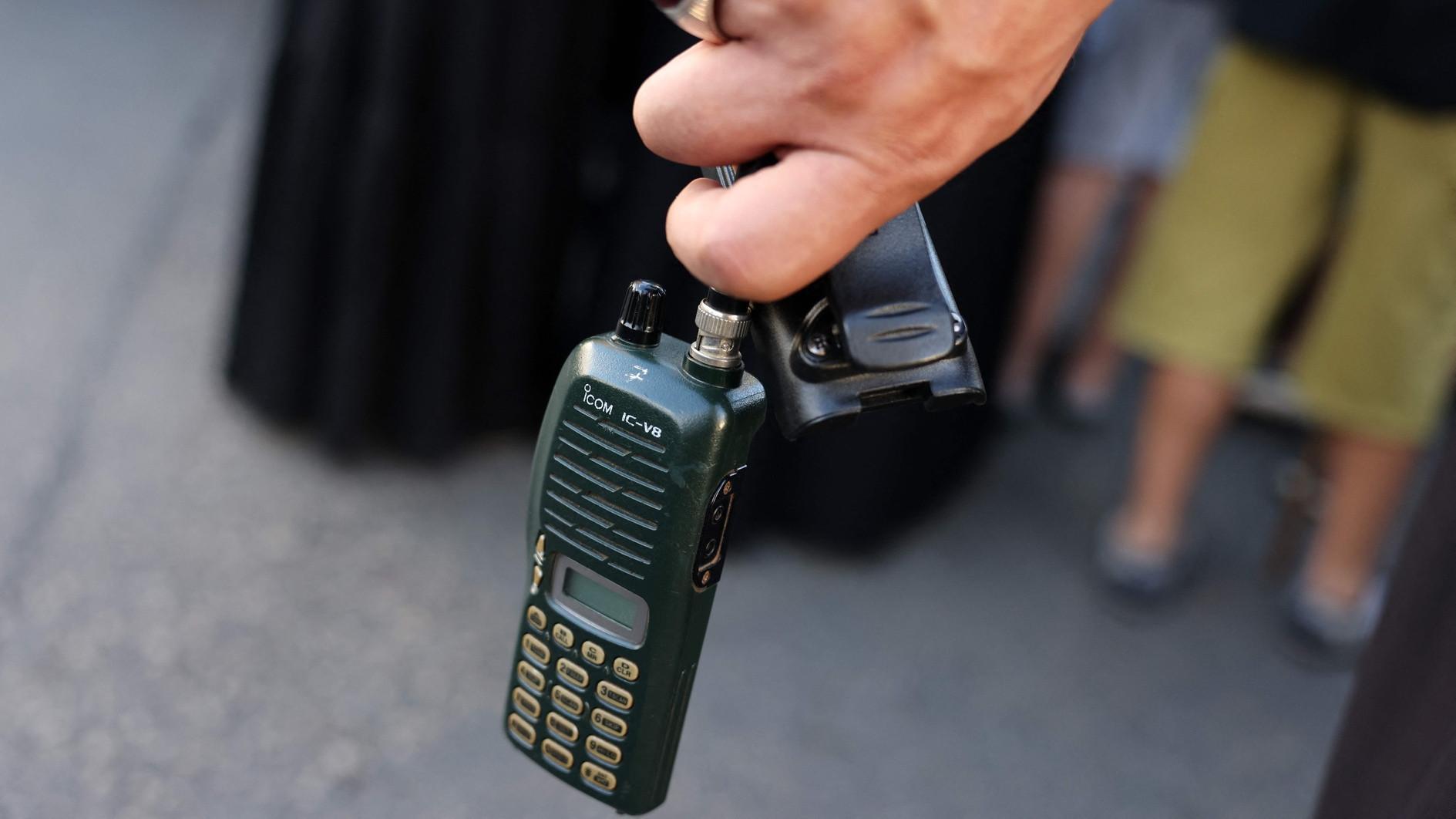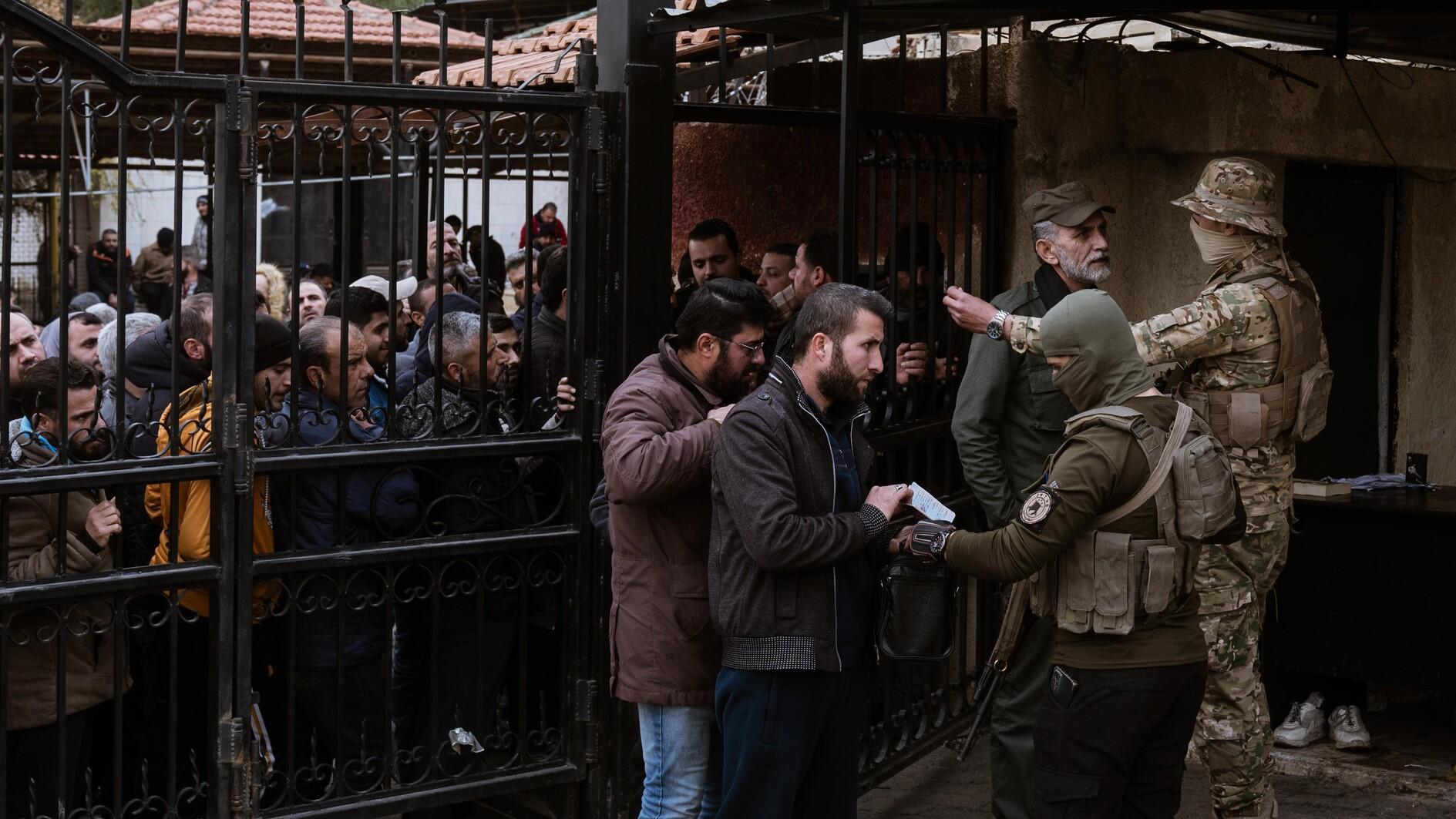Immunity debate stirs up political parties
Nuray Babacan - ANKARA
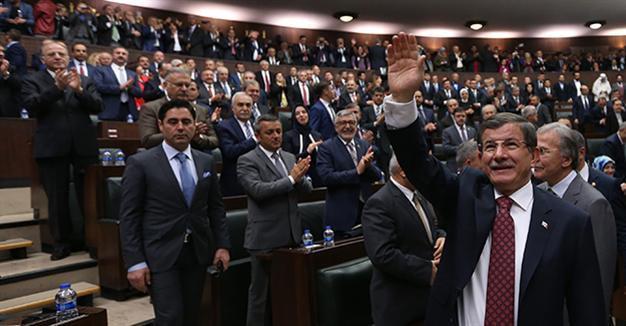 The process for adopting a government-led provisional change in the constitution that would allow parliament to lift the immunities of Peoples’ Democratic Party (HDP) lawmakers and others for one time only will accelerate this week. However, both the ruling Justice and Development Party (AKP) and the opposition parties, other than the HDP, are expected to fail a block vote of their MPs in favor of the amendment, despite their party leaders’ public support for it.
The process for adopting a government-led provisional change in the constitution that would allow parliament to lift the immunities of Peoples’ Democratic Party (HDP) lawmakers and others for one time only will accelerate this week. However, both the ruling Justice and Development Party (AKP) and the opposition parties, other than the HDP, are expected to fail a block vote of their MPs in favor of the amendment, despite their party leaders’ public support for it. Parliament’s Constitution Commission is scheduled to begin the proposal on April 21. Since no qualified majority is required at commission-level deliberations, the commission is likely to adopt it within days and refer it to the plenary in order to be debated next week.
At the plenary, two rounds of secret voting will take place. For a constitutional change in parliament, a party needs to win 367 seats, although 330 are enough to take a constitutional change to a referendum.
The bill proposed on April 12 has the support of all ruling AKP lawmakers - 316, excluding the speaker who is not eligible to vote. Both the president and the government have framed the issue as a matter of “combatting terrorism,” as they accuse of the HDP being a political front for the outlawed Kurdistan Workers’ Party (PKK).
Still, some AKP deputies for whom there are summaries of proceedings as well as others representing provinces in Southeastern Anatolia where the Kurdish problem-focused HDP, the main target of the proposal, has a strong grassroots may not vote “yes.”
In total, 15 AKP deputies are expected to vote against the proposal. Since the main opposition Republican People’s Party (CHP) and the Nationalist Movement Party (MHP) have declared “party support” to the amendment, those AKP deputies will have a freer hand in saying “no.”
On the CHP front, objecting their leader Kemal Kılıçdaroğlu’s declaration for support, some deputies have already announced that they will say “nay.” Even if around half of the CHP deputies say “nay” or don’t attend the voting, support from some 50-60 CHP deputies will make a significant contribution.
Impacts of an ongoing challenge against the leadership of MHP head Devlet Bahçeli, with dissidents pushing for an extraordinary party congress, may eventually prompt some of the MHP deputies to say “nay.” Yet, their number is not expected to exceed 10.
There are 550 deputies in parliament, including one independent. The AKP has 317 seats, followed by the CHP with 133 seats. The HDP and the MHP have 59 and 40 seats, respectively.
Even if these “nay” votes are cast as expected, consent of 300 deputies from the AKP, 50 deputies from the CHP and 30 deputies from the MHP will be sufficient to make the constitutional change.
The HDP has still been defiant, as one of its co-leaders vowed to “resist” the move, which he said was unlawful.
“No legal commission of the AKP, no judge or prosecutor under the AKP’s command can try us,” HDP co-leader Selahattin Demirtaş said at a party convention held in Siirt on April 16. The HDP has no fear about itself but has been concerned for the country, Demirtaş said.
“We would never escape from an independent and fair trial. We don’t have anything that we cannot defend. But you will see, they will not be able to afford trying us,” he said, adding that the HDP deputies have not been elected to serve as “employees” of the AKP. “They will see a move of resistance from us in response to each step that they take.”


